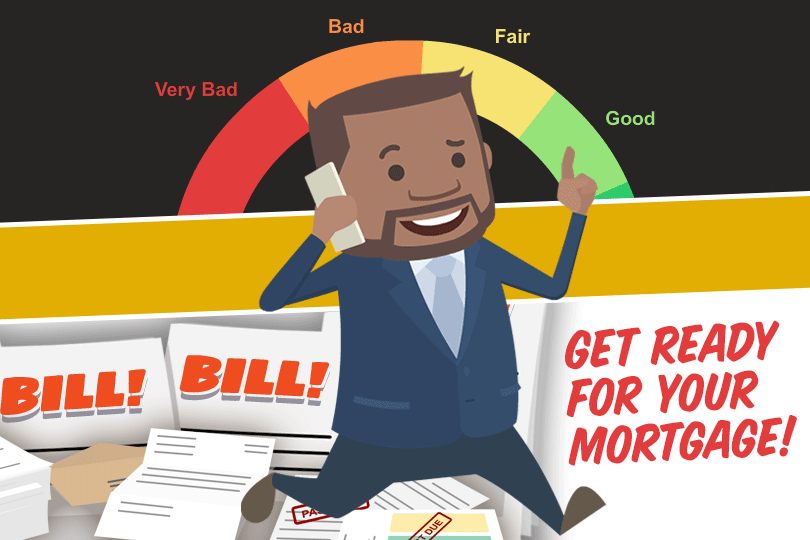The Impact of Late Payments on FHA Loan Approval
June 20, 2023
Today's economic landscape is compounded by factors like inflation and rising utility expenses. These are additional hurdles tacked onto other post-pandemic problems that make securing a home loan an uphill battle for some. If you find yourself on the brink of missing payments on your rent or mortgage, the stakes become even higher, especially if you're eyeing an FHA home loan.
For those hoping to buy a home or refinance with an FHA mortgage, try to maintain a clean payment record for at least 12 months before starting the loan application process. Doing so with less than a year of timely payments on your credit history significantly complicates the approval process. Late or missed payments on housing expenses are a red flag, making it challenging for lenders to justify approving your loan.
The FHA Handbook, specifically HUD 4000.1, enforces the "12-month rule," stipulating that, depending on circumstances, the loan must be "downgraded to a refer" and "manually underwritten" if late or missed payments on a mortgage occurred within the 12 months leading up to the application. The FHA provides no leniency in this regard.
While there may be some consideration in cases where FICO scores and other financial qualifications remain strong, the risk of denial increases if the loan is downgraded to a refer status. However, some leniency may be granted if the late or missed payment is a one-time issue, provided it can be adequately documented.
Ultimately, the lender's discretion plays a significant role, and borrowers with any late or missed payments in the last 12 months might consider delaying their loan application until they've achieved a full year with no such issues. This cautious approach could prove to be the pivotal factor in securing loan approval.
------------------------------
RELATED VIDEOS:
Let's Talk About Home Equity
Understanding Your Loan Term
Your Home Loan is Called a Mortgage

FHA Loan Articles
February 12, 2025Choosing between FHA and conventional home loans can be daunting for some first-time home buyers. What are the concerns between these two programs, and what does each one offer the borrower? We examine some of the key issues in our question-and-answer session about FHA mortgages versus conventional loans.
February 11, 2025Established in 1934 as part of the National Housing Act, the FHA's primary mission is to stimulate the housing market by providing mortgage insurance to lenders. This insurance reduces the risk associated with lending to borrowers who may otherwise be considered higher risk, encouraging lenders to offer more favorable terms, such as lower down payments and more flexible credit requirements. A key element of the FHA program is its commitment to fair housing, which is deeply rooted in the Fair Housing Act.
February 10, 2025How much do you really know about the home buying process? One major factor in protecting your new investment is knowing how the title search process works and why you need to have one done. This quiz will assess your comprehension of what a title search entails, why it's so important when using an FHA loan, and how it protects you as a buyer. From identifying potential liens to guaranteeing clear ownership, a title search plays a critical role.
January 30, 2025FHA residential refinance loans, insured by the Federal Housing Administration, allow homeowners to refinance their existing mortgages. They potentially have more flexible qualification requirements than conventional loans. FHA refi loans can lower monthly payments, shorten the loan term, consolidate debt, or even access cash for home improvements or other needs. Understanding the eligibility criteria and different refinance options is crucial for homeowners considering this option.
January 29, 2025Are you about to graduate from college and are already thinking of what your dream home might look like? Understanding the intricacies of the mortgage is an essential step in your journey toward home ownership. Two key terms you'll encounter early on are "FICO score" and "credit history." How do these two things affect your ability to buy a home?







